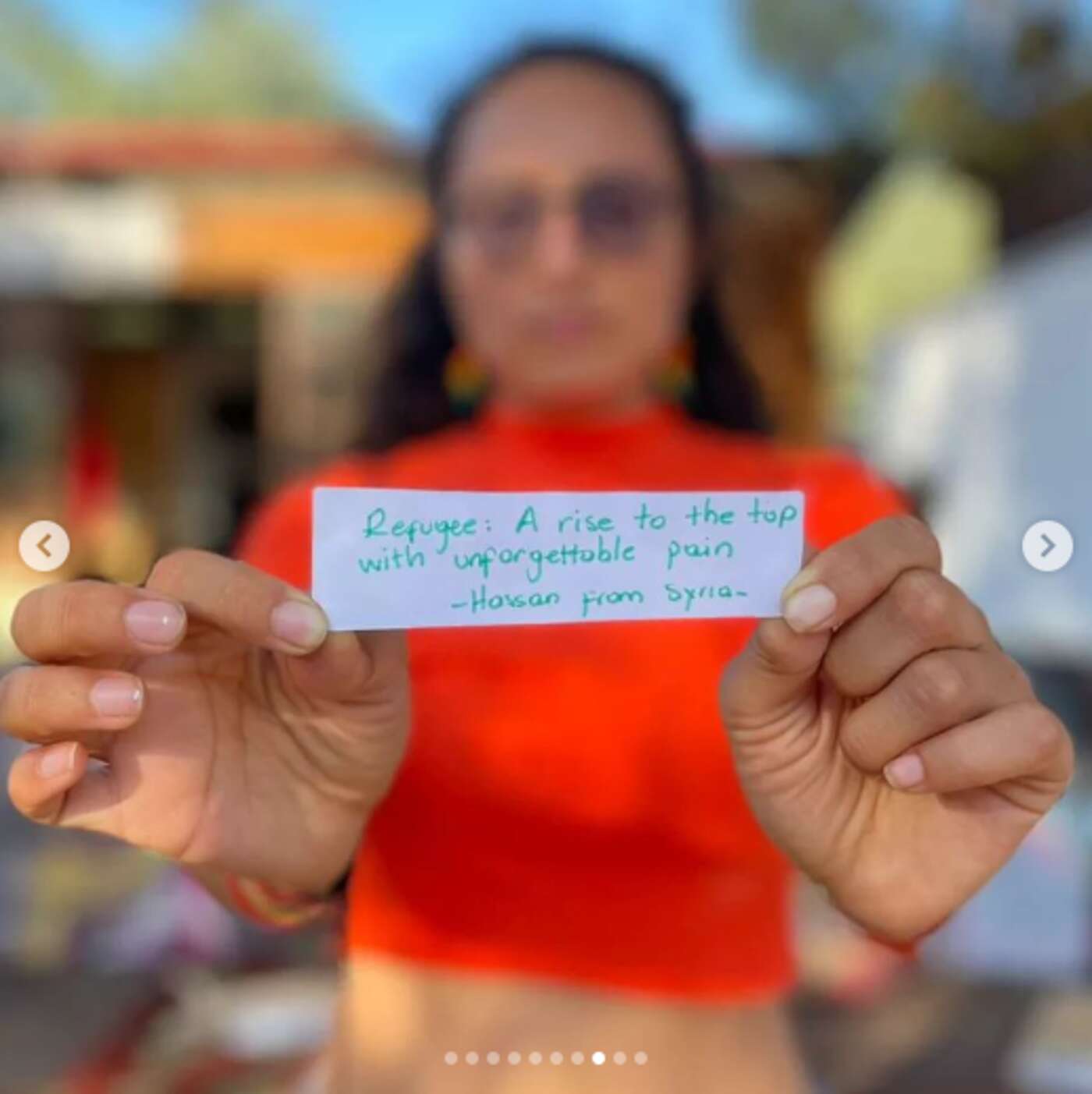From the spotlight to the sideline. Refugees in Greece.
In 2015 media outlets all over the world informed about the “refugee crisis” in Greece. It has been 7 years now and it seems that nobody is talking about it. A lot has happened, and new policies came into place. Since the term crisis underscores refugees or migrants as the problem, without placing the focus on the situation that is forcing them to leave their homes and the lack of policies, this reportage informs about the current situation of the humanitarian emergency in Greece and the governmental response to it.
After the whole world saw how people were dying in their attempt to cross borders and flee from violence, the EU and the world activated their funds in support of Greece. Camps, facilities, and a range of policies were taken into place to cope with the situation. However, things had changed. Greece has now a stricter policy; focusing on deterrence; sanctions, and punishment.
The action includes blocking the entrance of people arriving by sea to move to the mainland and vice versa, pushing people back from the country´s land to the sea. Longer periods of detention and a greater risk of deportation are one of the consequences. For people whose asylum right has been granted, other obstacles such as getting a tax number or resident permit appear. Moreover, in June last year, the government announced that Turkey is considered a “safe country”, making it harder for people coming from there to request asylum.
According to the spokesman of the Migration Ministerium, the actions are being taken “so we don’t send the wrong message of incentivizing people to come”. For them, the policies are good, since there are more returns than arrivals, and people living in the camps have dropped by 71%. Another argument stayed by the Minister is that given the lack of support from the rest of Europe, Greece has little choice[i].
A closer look to the numbers, however, tells that the emergency is far from being overcome. Less people are living in the camps, but more people applying in other north European countries such as Germany and France claiming that the living conditions in Greece do not guarantee a minimum level of physical and phycological subsistence. The problem exacerbates if we understand that Greece works as an entry point for many people fleeing violence in the Middle East since according to the new Dublin Regulation, asylum seekers are required to apply for protection in the first EU country they entered. Thus, Greece is shouldering the application of many people.
Nevertheless, this should not be an excuse for the harsh policies and violence against people. It should not be an excuse to provide basic services in the camps. To enact integration policies. To respect people's dignity. For fortune, NGOs and civil society groups, as well as international organizations keep fighting, advocating, and working for the rights of every human. For instance, we host a small, but beautiful and fruitful discussion within the framework of the Refugee Week in Greece, where we talked about the current situation, and shifted the narratives of pain and horror, to discuss healing. Small actions like this one, raise awareness, keep the topic alive, and encourage more people to stand, fight, and never forget that when we talk about refugees we talk about human lives.
[i] https://www.reuters.com/world/europe/feeling-abandoned-by-europe-greece-hardens-migration-policy-2021-06-18/



 Grecia
Grecia